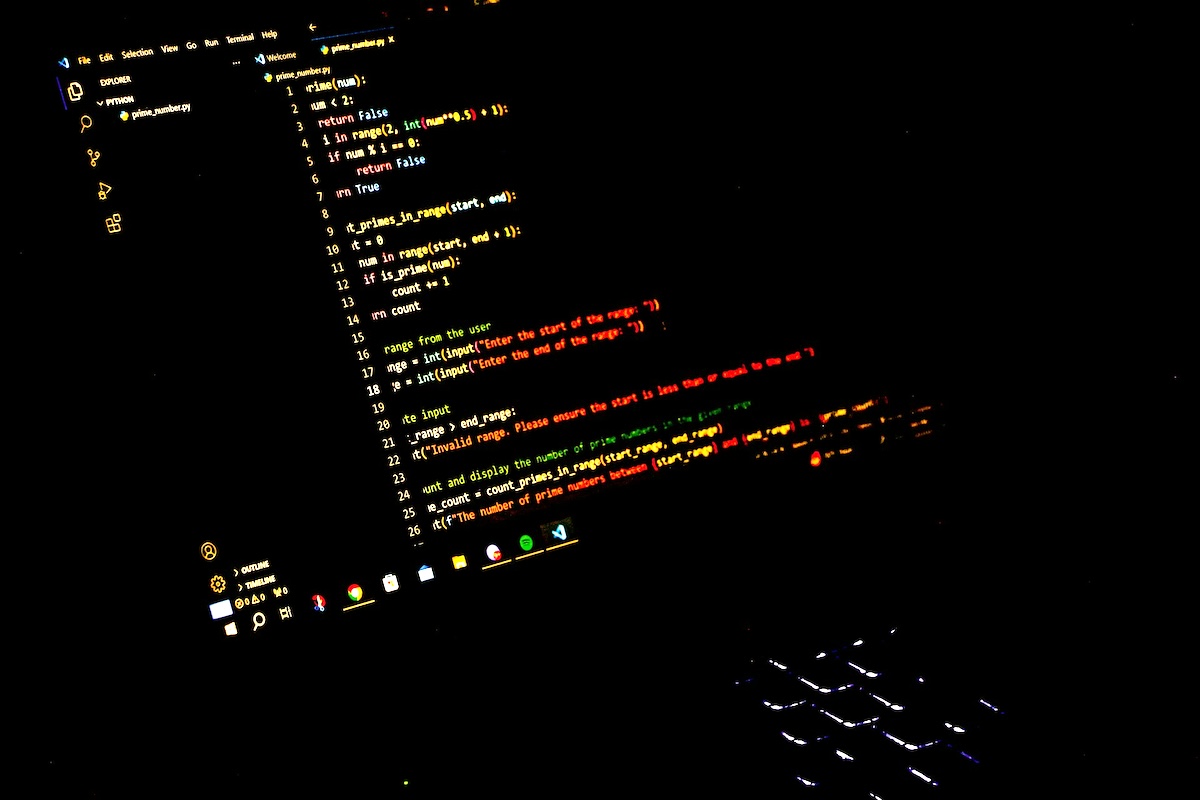Skift Take
Event insurance is now top of mind for planners who are able to host in-person events despite the ongoing global pandemic. While coverage is available, there are plenty of challenges to overcome to get the right protection.
In times of crisis, people quite rightly want their insurance policies to protect them against issues of concern, whatever they happen to be. If coverage is already in place, everyone is happy. But if it’s excluded, insurance companies tend to get a battering for not providing it.
You could argue that insurance companies should provide coverage for every eventuality. But that would be highly impractical and, even if it were possible, the insurance premiums would be eye-watering.
In this post, EventMB explains the rationale governing insurance policies and advises on how to approach securing comprehensive insurance for your next event.
Going Back to Go Forward
To understand insurance provision today, we need to go back in time. We need to travel back to the 1600s and the origins of insurance as we know it today. Back then, business was carried out in the coffee shops of London, and it was maritime risks that were the first to be insured.
The traders sat down and decided what cover they would offer. And they did so based on ‘named insured perils.’ Named insured perils, like loss from fire, were stated in the contract. So if it wasn’t explicitly stated on the paperwork, it wasn’t covered.
Fast forward to 2021 and those underlying principles remain. Examine any insurance policy and you will see what is covered. And as importantly, scrutinizing the exclusions will reveal what is not covered.
Cancellation Insurance is Different
It would be impossible to list all the covered perils when it comes to event cancellation insurance. There are just too many situations in which losses can occur. Therefore, event cancellation insurers provide coverage based on ‘including everything’ other than losses from excluded risks.
This is where the Communicable Disease Exclusion (CDE) raises its head. It is this exclusion that presents a challenge for any claim linked to the Covid-19 pandemic. This exclusion has been on cancellation policies for several years; it didn’t suddenly appear because of Covid-19. While that may come as a surprise to some people, the broader issue is that this exclusion doesn’t just cover Covid but also other communicable diseases.
For example, a norovirus has significantly impacted the filming of the latest Indiana Jones movie. Around 50 members of the cast and crew were sent home from the studio location in the UK. Indiana Jones is not the only movie in peril, as the outbreak has also impacted the filming of the next Ant-Man movie at the site.
Therefore, it’s essential to take a holistic view of risks and insurance to reduce the overall exposure and make sure you are covered against your most significant risk factors. Each event has different risks and levels of priority depending on the views of the organizer. As well as looking at all known risks, be on the lookout for changing circumstances (political, legal, societal, etc.) that could bring other risks to you.
Communicable Disease Exclusions Are Spreading
Public Liability insurance is another significant issue that we need to mention. Whereas Cancellation insurance protects organizations from their financial risks, Public Liability insurance looks after the protection of people (anyone that your organization doesn’t employ) and Third Party property. This is a simple outline of a complex subject. But if you think of cancellation insurance for money and Public Liability for people, you will be on the right track.
Previously Public Liability insurance policies didn’t have a Communicable Disease Exclusion. However, this exclusion is now appearing on policies. This is a recent change. While it is coming from the UK market, other insurers across the globe will also follow the London lead. Why is this significant? Imagine that an event you are running becomes a Covid super spreader. You would need your Public Liability insurance to pay out for people’s injury claims, and as mentioned, there is now an exclusion for such losses.
The term is Public Liability in the UK, but the terminology is different according to where you are in the world. For example, the same cover could be given under General Liability or Third Party Liability insurance. Whichever terminology is used to describe a policy, Liability means people protection. So make sure you check for any Communicable Disease Exclusions. If you find any, then it’s time to consider what impact that may have on your event.
The Insurance Market
Where is the insurance market right now? Quite simply, we are in a hard market. This means that insurers are charging higher rates and being very selective on the risks they will underwrite. This is as opposed to a soft market in which pricing is lower, and insurers will be elbowing each other out of the way to accept risks.
While some insurers may claim to offer new Covid event insurance, you need to drill down into exactly what is being offered, what your responsibilities are, and what deductibles apply. In a hard market, you can expect deductibles and pricing to be high.
A reality check is essential, and remember, an insurance policy is no silver bullet. While it will provide you with some peace of mind and financial security, insurance is designed to put individuals or businesses back in the position they were before the loss. In other words, it doesn’t improve their situation; it can only help stop companies from having to close.
Demonstrate Control
Given the current hard insurance market, the power is in the hands of the insurance companies, so they can be very selective on the risks they wish to underwrite.
But, it’s not all bad news. It’s worth remembering that as profit-driven businesses, insurers compete with each other. They have shareholders and managing agents to please. This means that they have to underwrite risks to stay in business, so they will be looking for well-run events to underwrite.
The critical task of any organization applying for insurance protection is to demonstrate that they are in control of their risks. For example, organizers need to identify their risk exposures, analyze them, and take measures to prevent them from occurring. They can show they are in control by demonstrating that they understand what their event is about, who is coming, where they are coming from, and what protections they are putting in place.
Being clear is crucial in any discussion with an insurance company or broker. Once there is clarity, they can discuss what they need for their event, including which priority risks they need to address and insure? For example, Covid event insurance will not be a top priority for a 100% virtual event.
Understanding what is needed means that planners will be in a better position to be offered insurance as the insurers understand that solid risk management is in place. And this is where insurers may offer some form of Covid event insurance on a limited basis for that individual planner.
Planners must be proactive in contacting insurance companies and advisors. Pandemics change everything, and in this case, that means getting closer to the insurance world to find the cover that you need.
IN CONCLUSION
Procuring adequate event Insurance has always been an essential part of safely and responsibly hosting events. Now, more than ever, planners must embrace risk management and have a good understanding of how insurance works so they can protect and safeguard both their events and their organizations.





